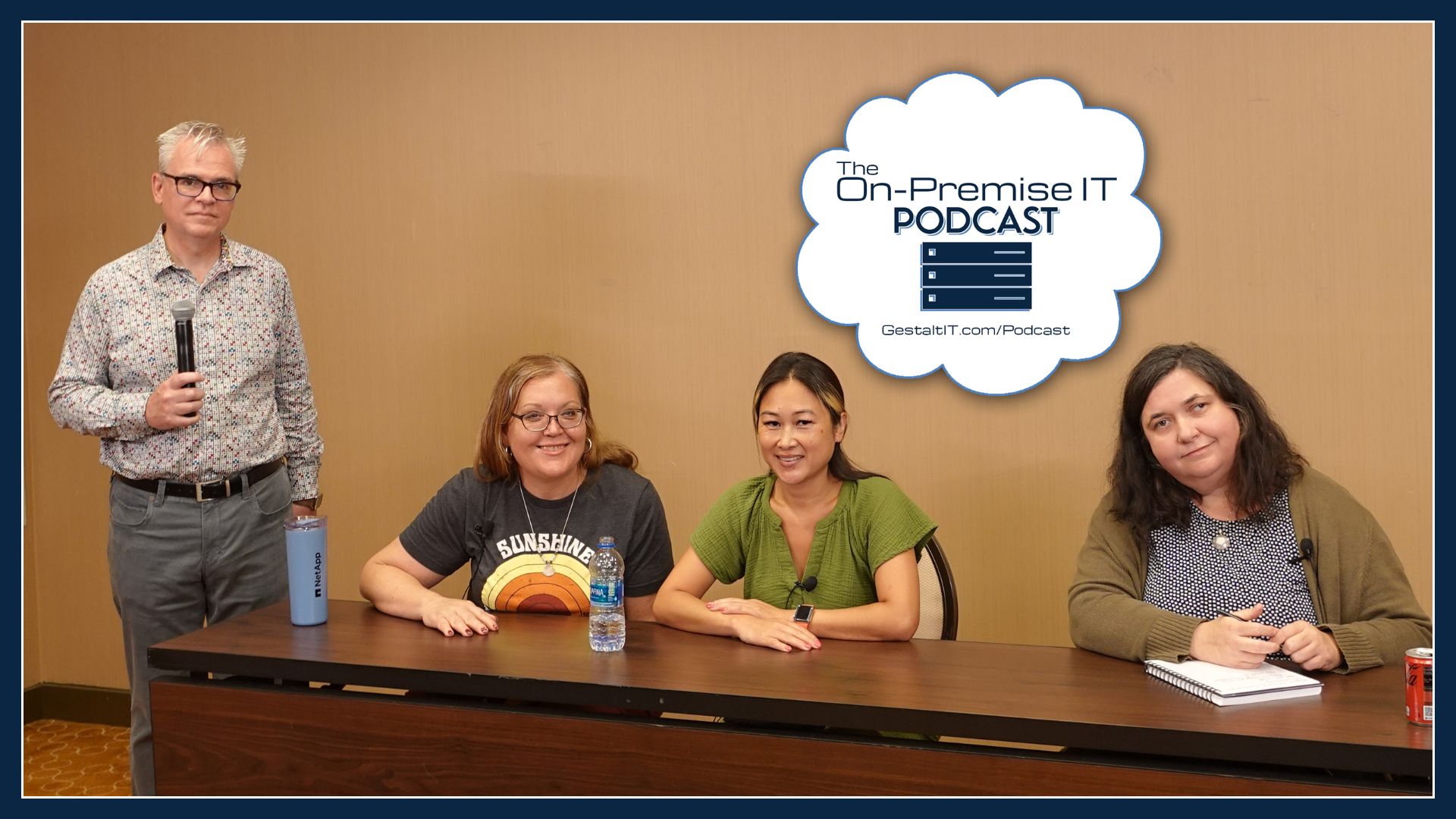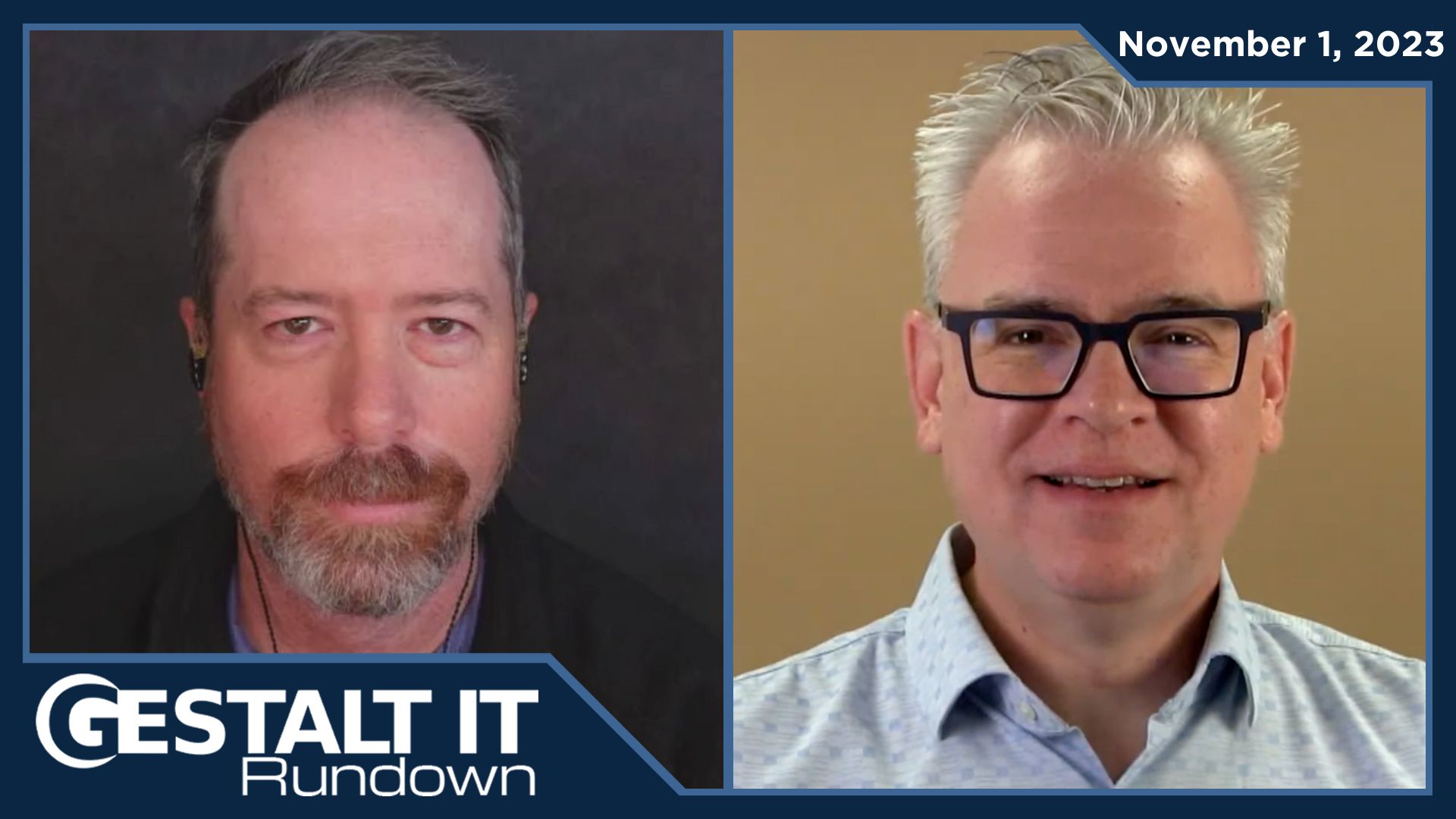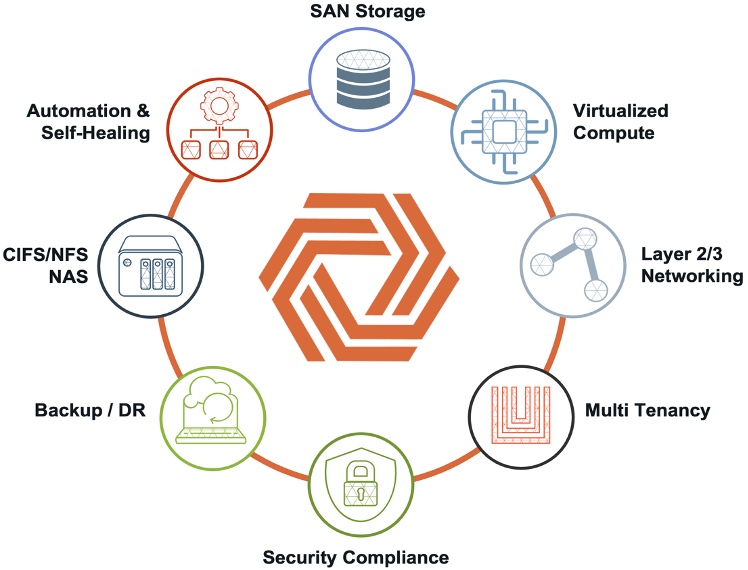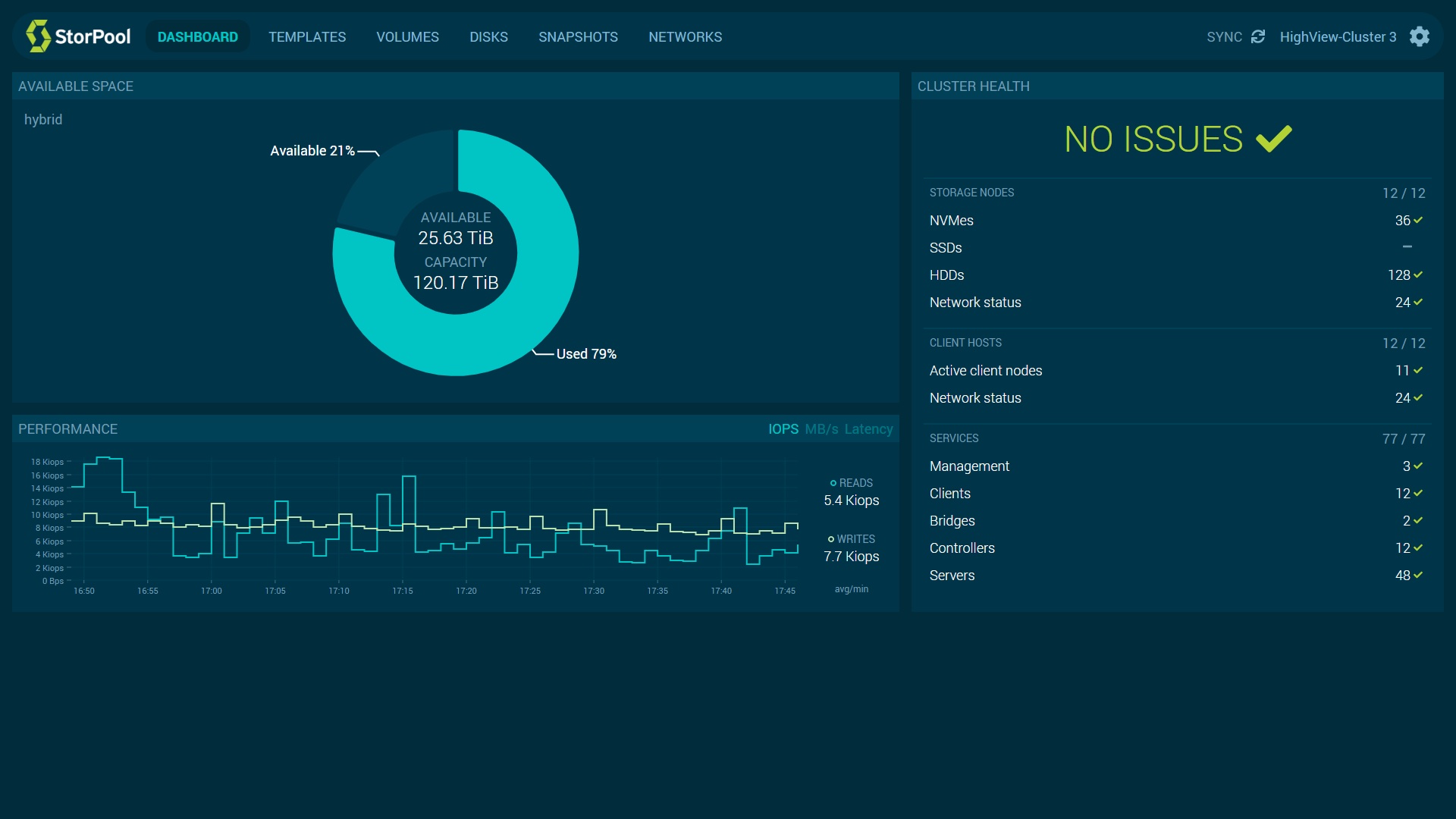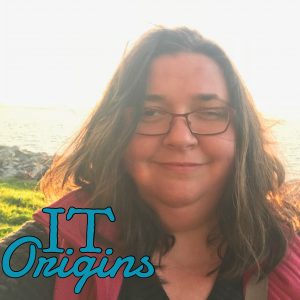 Becky Elliott is a Senior Systems Administrator and a member of the NetApp A-Team.
Becky Elliott is a Senior Systems Administrator and a member of the NetApp A-Team.
You can follow Becky on her blog, Twitter, and LinkedIn.
What’s your IT origin story? How long have you been in the field?
I’ve been in IT for about 20 years. However, I spent most of it in web development.
As a child, my mother would tell me that I should work with computers because it paid well. I would typically sigh and reply that computers were boring. The funny thing about this exchange is that neither of us had ever touched a computer at this point. It probably would be another decade before I would use a computer for the first time. We were poor and computers weren’t everywhere in the 80s and 90s.
After getting a scholarship to a “Great Books” liberal arts college, I dropped out after my first year. I then used my typing skills to get an office job. I ended up at Auction House where I also had to update their website. From this, I learned HTML. At my next job, I updated websites. Each job that I took was more technical and I picked up programming skills along the way. During this time, I also took college classes part-time and earned an IT-related Bachelor’s Degree.
After my daughter was born, I ended up taking a job closer to home as a SharePoint Developer. When my project ended, my company moved me to the Network Team as a Senior System Administrator. Initially, I wasn’t really qualified for this job. However, sink-or-swim situations are great growth opportunities. Also, dev and ops aren’t that different. To be good at either, you need good problem solving skills and the desire and ability to streamline/automate processes.
What’s been the biggest change in IT since you started your career?
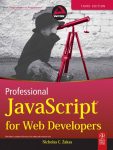 When I was new to web development, I remember buying the big red WROX books that you purchased from a traditional book story to self-study. At that time, it was pretty much the only way to learn other than a traditional face-to-face class. However, quality online video training is now available everywhere at low to no-cost. In addition, books are available instantaneously. You also have a huge social network that you can reach out to for support. It’s never been easier to self-study.
When I was new to web development, I remember buying the big red WROX books that you purchased from a traditional book story to self-study. At that time, it was pretty much the only way to learn other than a traditional face-to-face class. However, quality online video training is now available everywhere at low to no-cost. In addition, books are available instantaneously. You also have a huge social network that you can reach out to for support. It’s never been easier to self-study.
Current worst trend in IT?
Marketing everything. Think buzzword bingo. Storytelling without authenticity. This isn’t just an IT thing, though.
Current best trend in IT?
Software everything. Software-Defined Networking, Software-Defined Storage, Field Programmable Gate Arrays. Abstracting functionality away from the hardware improves resiliency and time to live for new features.
I have a magnet on the back of my car that says “Software makes hardware happen”.
Where do you see your field going in the next 3-5 years?
It will be even less about the hardware. Data centers will continue to consolidate. If you aren’t in the public cloud, you probably will be running in someone else’s private cloud. IT professionals will continue to become generalists. Being solely ops or solely dev won’t be enough.
Book recommendations for IT practitioners? What are you reading now?

Novelization of the movie
Like everyone else that has ever read it, +1 to The Phoenix Project. It pretty much is required reading. Melissa Palmer’s IT Architect Series: The Journey. If storage isn’t your jam, Nigel Poulton’s Data Storage Networking book is pretty awesome. It’s so well-written and easy to understand.
![]()
I’m currently reading Anna Karenina. I have personal goal to make it through this book. I tried 20+ years and I stopped at about a third of a way through. I’m also listening to Jocko Willink’s Extreme Ownership on Audible.
First computer you owned.
At age 17, my father bought me my first computer with money from a settlement. It was an IBM Aptiva running Windows 3.1 I don’t remember a lot of the stats about it other than it came with a 2400 bps modem (haha) that I later upgraded. I soon discovered BBS’ and AOL.
What do you do when you’re not working in IT?
At this stage in my life, my mom duties take up most of my time. When I have time, I try to take walks in nature. With a long commute, I also spend a lot of time listening to podcasts.
How do you caffeine?
I’m all about that coffee. The super milky kind that is probably more like Coffee Milk. Occasionally, I will make coffee with my french press (Editor’s Note: FTW). However, I usually just buy it already brewed and then I make it as milky as I like.
Who do you want to see answer these questions?
- Paula Silva, fellow A-Team member, @paula_maria
- Rita Younger, @SDN_Girl
- John Mark Troyer, @jtroyer
Any career advice you’d like to pass on to our readers?
Consume a lot of content. Read, follow blogs. More input = better output.
Don’t stay at one job too long. It’s really easy to get comfortable.
Embrace the community. Great power in these relationships. Focus on giving.

